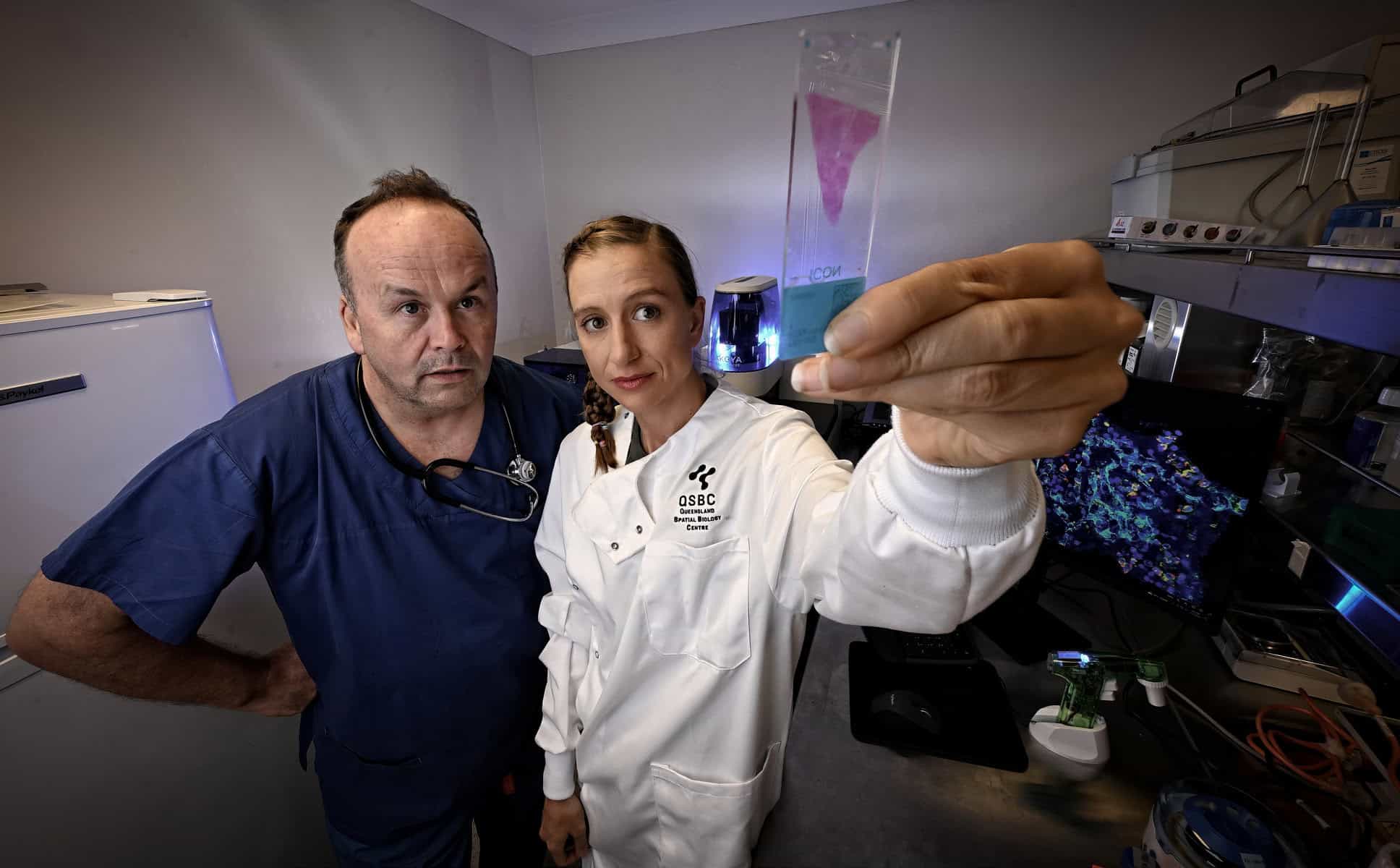Orthopaedic
Tranexamic Acid (TXA) Dosing in Primary Total Knee Arthroplasty
The purpose of the study is to evaluate a product called Tranexamic Acid (TXA) and its best use in patients who are undergoing total knee replacement.
Research Objectives
Status
Recruitment
Estimated completion
Patient Group
Total Participants
Study location
Study type
Lead investigator
- A/Prof Susan Clark
Experienced investigator
- Prof Robert Ware
Clinical trial coordinator
- Emma Brownrigg
Technical title
A Prospective, Randomised Non-Blinded Pilot Study to Optimise Oral Tranexamic Acid Dosing in Primary Total Knee Arthroplasty (TXA002)
About this research project
The purpose of the study is to evaluate a product called Tranexamic Acid (TXA) and its best use in patients who are undergoing total knee replacement. The product is currently used to reduce bleeding during and after surgical procedures. This can lessen the chance of you needing a blood transfusion and may decrease pain, swelling and recovery time following the operation. Tranexamic Acid is already routinely used by surgeons for patients having joint replacements but there is currently no accurate information about the best dosing of the drug to achieve optimal patient outcomes. This study will assess whether different treatment durations will lead to better results for patients.
Latest News

Jillian’s Story

Breaking Ground in Paediatric Rare Disease Research
